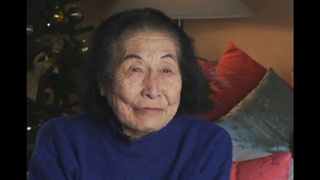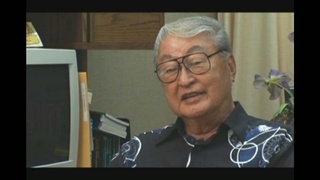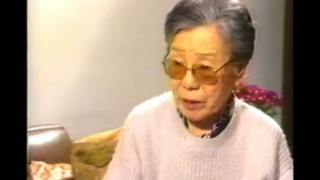Interviews
Parents were willing to send her to medical school
When I was ready to go to medical school, people would say,” why send a girl to medical school, you know, you’ll only get married and…and you’re just wasting your time.” Well, one thing about the medical profession, you can do that regardless, you know. You don’t have to depend on other people. Whereas most…at the time, most oriental girls that graduated from UCLA and…they could never get a job here before the war. Nor could the men, if they went to CAL Tech, they could never get a job here. They would have to do farming or work as a secretary or bookkeeper in a Japanese firm. So I could understand why most people felt that it would be a waste of time to send me to school. But my father said, well, and my mother also said, ”well that’s what she wants, so…” Even though it was a hardship for them cause it was during depression days. They were willing to send me to medical school.
Date: March 31, 2005
Location: California, US
Interviewer: Gwenn M. Jensen
Contributed by: Watase Media Arts Center, Japanese American National Museum














